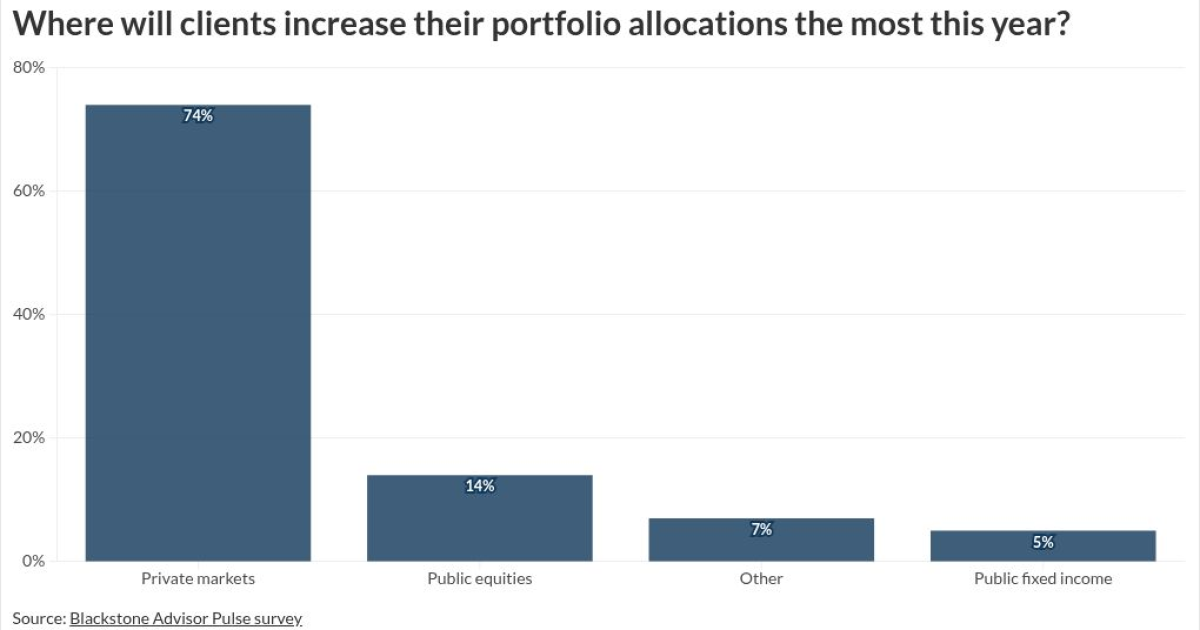by Robert A. Scott
ROMSVETNIK/Shutterstock
Introduction
Two stark examples provide reasons for renewed attention to university governance. First, higher education institutions are facing unprecedented state and federal interventions regarding academic policies protected by Supreme Court decisions, including “Dartmouth College v. Woodward” (1819) and “Sweezy v. New Hampshire” (1957). The protections established in these cases provide the foundation for university governance. Both decisions affirmed that universities must remain free from government interference in what to teach, who may teach, how subjects may be taught, and who will be taught. Each decision recognized that institutional autonomy and board independence are fundamental to academic freedom, educational excellence, and the fulfillment of fiduciary duties.
Some government actions are rationalized by criticisms about the cost of tuition and fees and the size of student loan debt. Concerns about political bias in teaching and the political leanings of administrators are also common. Though these concerns are often politically motivated, they can significantly influence policy decisions.
Second, the decline in the number of traditional-aged high school graduates, reduced international applicants, and public concerns about the costs and benefits of higher education, even if contrary to the evidence, have resulted in pressures on higher education enrollment. At least 79 public and private colleges have closed, merged, or announced closures or mergers since March 2020.
It is fair to ask when the boards of these vulnerable colleges knew they were in trouble. Were they asking questions when monitoring the metrics of institutional vulnerability, including recruitment and retention, net tuition, cash flows, debt and debt service?
Both situations, government interference and enrollment declines, require governing boards to be clear about their responsibilities, vigilant in performing their duties, and prepared for shifts in their operating environment. The role of the board is oversight, not execution. Do boards have the right information in a timely fashion? Do they have adequate communication between the board chair and the full board and the board chair and the president?
Do boards meet often enough to monitor and address activities adequately? Do they consider trends and comparisons of key data over time, learn about challenges locally and nationally in real time, and project trends in enrollment, revenues, expenses, and senior leadership turnover as part of strategic planning?
Given the multiple challenges of university governance, how should boards and leaders respond to legitimate concerns as well as to what they view as inaccurate, biased, ill-informed, and potentially unlawful? What efforts should university boards and leaders undertake to improve the quality and effectiveness of what they do in fulfillment of their state-approved charter? What can they do to examine an institution’s cost structure in an environment of reduced net revenue?
Governance as a Covenant
As the late sociologist and student of higher education, David Riesman, said, “The role of the board of trustees is to save the university of tomorrow from the actions of today.”
The board is responsible for a covenant — a compact — connecting the present to the past and the future and linking the institution to society. The pact is a set of legal and moral obligations between the institution and the state that grants its charter; the institution and its students, faculty, and staff who benefit from and serve to fulfill the mission; and the institution and the broader community it is intended to serve through teaching, research, and public service.
The challenges to these commitments come from outside forces (both political and demographic), from straying from the campus mission, and from failing to be flexible in fulfilling it.
Boards of trustees are responsible for preserving institutional independence, academic freedom, and free speech, all necessary for teaching and scholarship that challenge assumptions and assertions. These are the very foundations of higher learning. Boards must preserve institutional neutrality yet also protest when the university is unfairly attacked. They must advocate for the value of higher education to society at large as well as to individual students. They must seek to protect their individual institution as well as the collective of colleges and universities.
As stewards of the campus for which they are fiduciaries and for higher education more generally, college and university trustees should be reflective, learning from the history of higher education as well as from the heritage of their institution. They need to be keen observers of the present and ask what can be learned from incidents on their own and other campuses.
Each institution possesses a covenant between those who form it and the public that gives it a charter, the major asset of each institution. The faculty may be the heart and students the soul, but the license to award degrees and certificates is what gives the institution stature, credibility, relevance, and viability in the modern age.
The responsibility of preserving and fulfilling this covenant lies in the hands of the board of trustees. Because fewer than 15% of American college and university trustees have any professional experience in higher education, it is critical to orient them to the foundational principles of advanced learning, in general, and the campus mission in particular.
Conclusion
University trustees are most effective when they know the history, the mission and purpose, the students to be served and the competitive landscape, and the comparative advantages of the institutions they serve. They need to know the difference between governance and management and have the gumption to ask questions. Sources for board orientation include materials published by and meetings sponsored by the Association of Governing Boards, Weil Gotshal, and BoardEffect.
Boards should collectively have the expertise necessary to guide a complex organization with multiple functions and sources of revenue. Board service is an opportunity for learning, judgment, and setting institutional direction in fulfillment of historic missions and public needs.



























